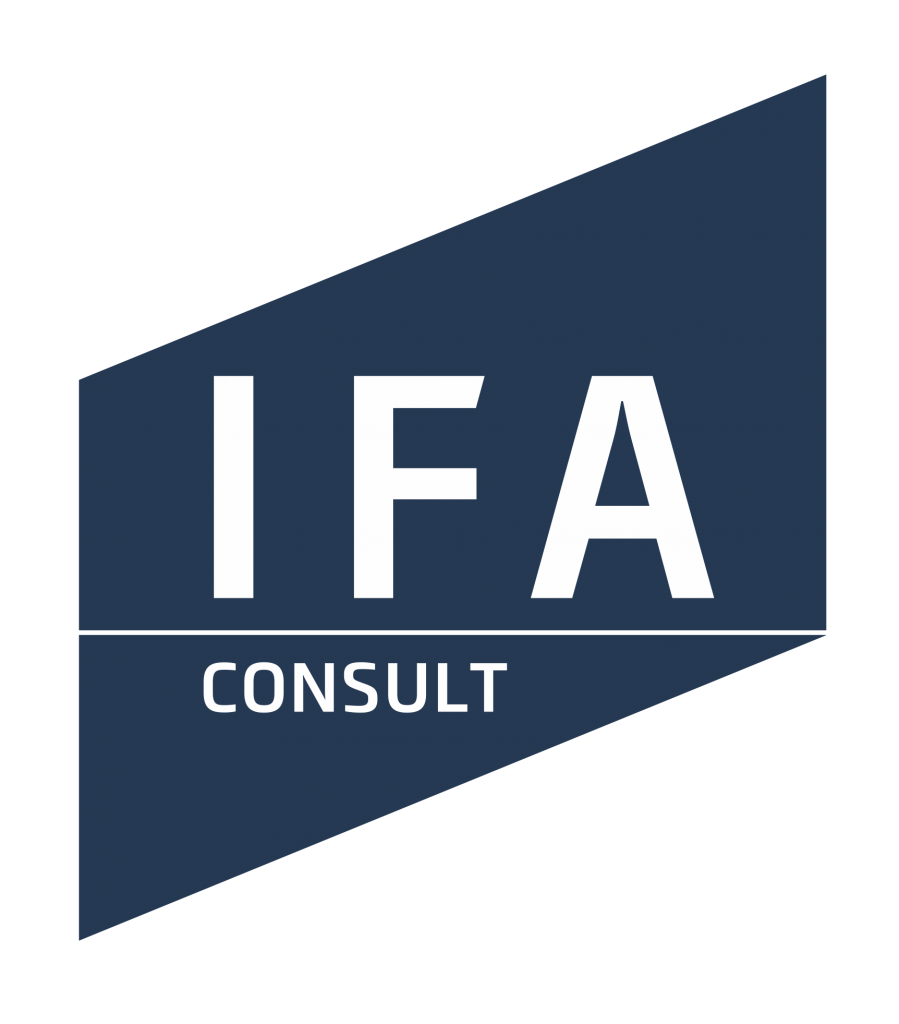Concept of trust as the global financial system comes from medieval England legislative development processes. Then and there was born the system of relationships, which is now known as the Trust Institute. Trust feature is the so-called “division” of the ownership.
As definition for trust can be used formulation, according to which, trust- based on a fair trustee duties to manage and sell the property that was transferred to a trust for the benefit of beneficiaries. The last may legally require protection of their interests.
Division of ownership
To understand what is meant by property rights “division”, it is necessary to imagine that this right consists of two moieties: property rights and the right to receive income from it. When founder creates a trust he transfers ownership to the trustee and beneficiaries the opportunity to receive income (he also may be listed as beneficiary). An important nuance is that they have no right to dispose of the right to receive income (including transfer by inheritance). All their rights and options are written in the trust founders’ agreement.
If we talk about trustee owner (trustee) – during property management, he has to follow three basic rules:
- Real estate management in the first place must take into account the beneficial interest;
- Administration should focus on to maintaining and increasing of the assets;
- Should be considered reasonable managing risks.
Types of trusts
Trust can be divided into two groups according to the reason of the occurrence:
- Trusts that are formed on the basis of the signing of the Declaration of Trust;
- Trusts that are generated by operation of the law as a result of the court judgment or similar cases (for example, real estate administration for minors heirs)
On the property management trust can be divided into:
- Conventional- the simplest and most common type of trust, usually with the possibility to withdraw it, and in this type of trust beneficiaries have large powers. He can terminate the trust.
- Fixed- treated with a clear beneficiary powers, and with the precise conditions of the trustee property management;
- Discrete – in the following trusts beneficial income distribution takes place at the trustee discretion.
Mandatory elements of trust
Elements that always present, creating the trust, include:
- Intent certainty. This means that signing the founding documents clearly explain the reasons why trust is created.
- Certainty in relation to the object. In other words, the inventory of assets that are transferred to the trust should be clearly defined.
- Certainty of personality. This is a very important issue, which is mainly related to the clarity of the trust beneficiaries. A trust agreement must be created in such way that at any time the manager has a clear answer to the question of whether this particular person is the beneficial owner or not. This is especially true for discrete trusts, where potential beneficiaries may be unborn.
Trust is always created for a limited period of time. If there is no clear term, it is assumed that there trust does not exist more than the original parties life time+ the twenty-one year (English law) or a hundred years (for the majority of the offshore with trust legislation).
